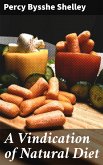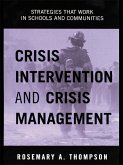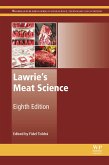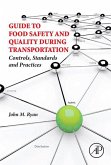In "A Vindication of Natural Diet," Percy Bysshe Shelley presents a compelling argument for vegetarianism, drawing on moral, ethical, and philosophical considerations. Through eloquent prose and persuasive rhetoric, Shelley critiques the societal norms surrounding meat consumption, linking it to broader themes of human rights and compassion for living beings. The book reflects the Romantic era's reverence for nature and the interconnectedness of life, echoing the ideas of contemporaries like Wordsworth and Coleridge while employing a bold, pre-modern ecological sensibility that underscores the spiritual and physical benefits of a natural diet. Percy Bysshe Shelley, a leading figure of the Romantic movement, was deeply influenced by his philosophical beliefs, transcending traditional norms and advocating for social reform. His aversion to cruelty, driven by profound empathy and a keen awareness of injustice, informed his push for dietary choices that align with a more compassionate existence. Shelley's life experiences, including his own struggles with societal expectations and personal loss, further colored his advocacy for a lifestyle that fosters harmony between humanity and the natural world. This thought-provoking work is essential reading for those interested in the intersections of ethics, environmentalism, and literature. Shelley's articulate defense of vegetarianism challenges readers to reconsider their relationship with food, urging a shift toward greater compassion and sustainability. "A Vindication of Natural Diet" serves as both a manifesto for conscientious living and a testament to the enduring relevance of Shelley's ideas.
Dieser Download kann aus rechtlichen Gründen nur mit Rechnungsadresse in A, B, BG, CY, CZ, D, DK, EW, E, FIN, F, GR, H, IRL, I, LT, L, LR, M, NL, PL, P, R, S, SLO, SK ausgeliefert werden.









